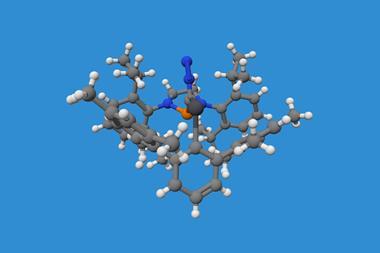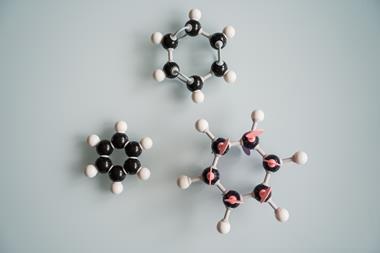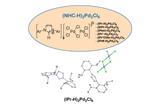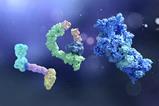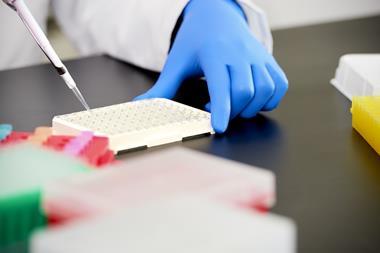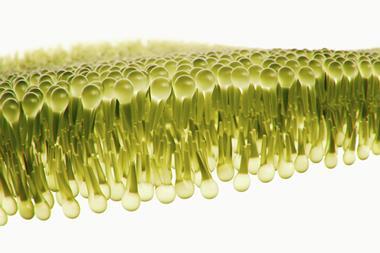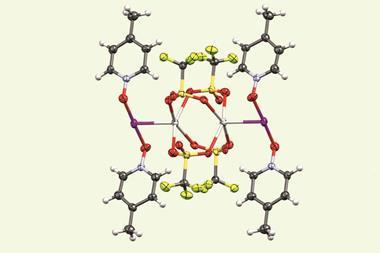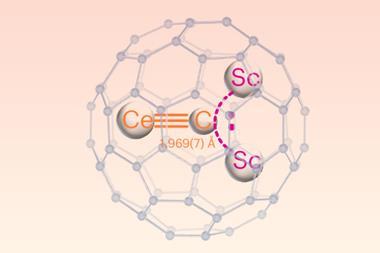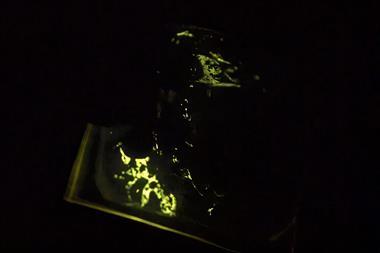The availability of general methods for carbon-heteroatom bond formation is central to modern-day organic synthesis. In this hour-long webinar – broadcast live on 15 October, 2024 – you will hear about aspects of the work from our labs at MIT describing several Cu-catalysed transformations relevant to the construction of molecular types which are of interest to those in academia, pharmaceutical and applied industries. You will also learn about the design, synthesis, and utilisation of new ligands that can be used in a synthetically meaningful context.
By watching a recording of this webinar, you will learn:
- How copper catalyzed C-N bond coupling reactions are useful for the construction of a range of common molecular types, of interest to those in academia, pharmaceutical and applied industries.
- How the design, synthesis, and utilisation of new ligands can be used in a synthetically meaningful context.
- About the current state-of-the art research work from one of the world’s leading research laboratories.
Speaker
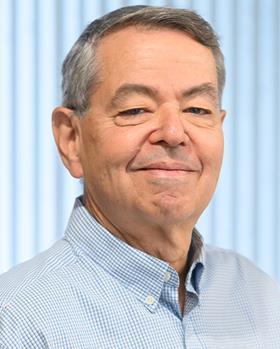
Stephen L Buchwald

